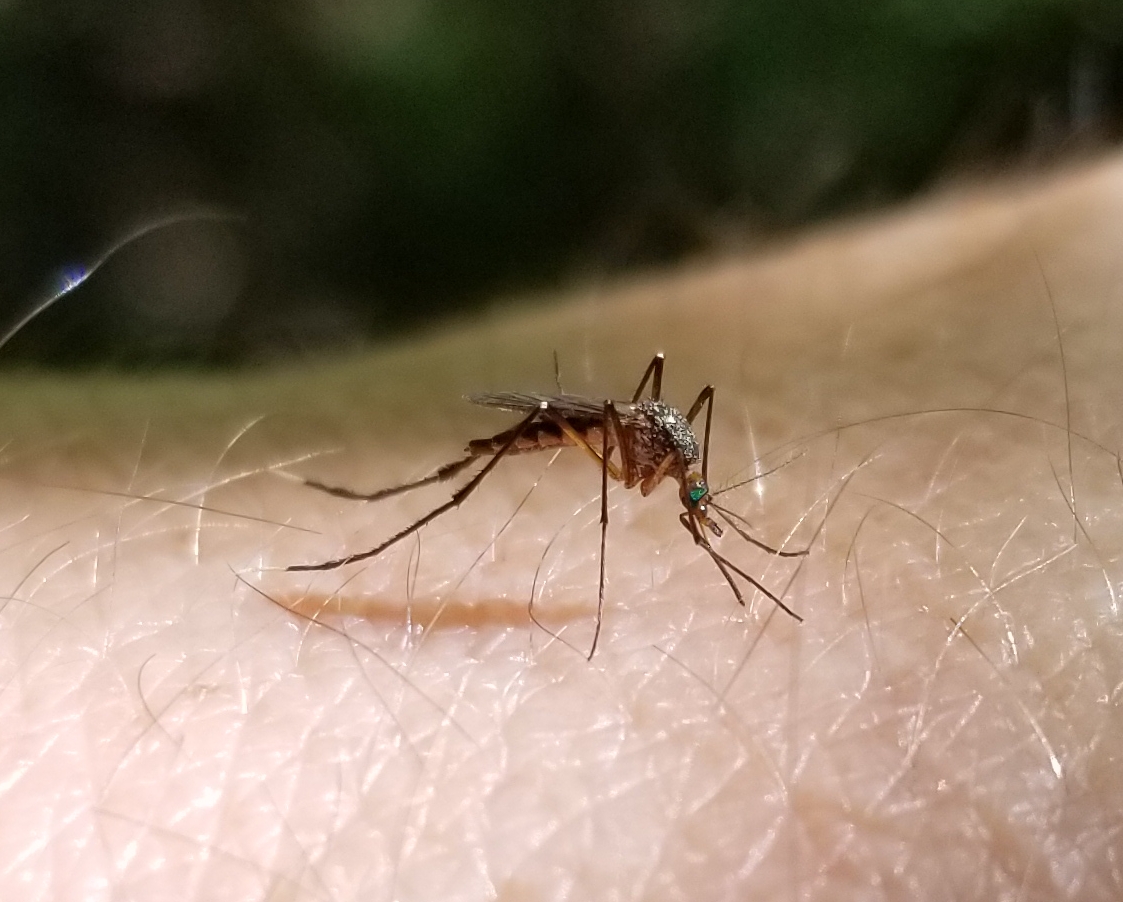
As the start of this year’s mosquito season begins (as if it’s not always mosquito season), Marion County residents can take comfort in knowing that the pesky insects cannot spread COVID-19.
It’s a question many Marion County residents have asked.
Dr. Eva Buckner, an expert at the University of Florida, said that mosquitos have immune systems. She said they aren’t as complex as a human’s system, but they do serve as a barrier in preventing them from transmitting most viruses.
Buckner stated, “Only those viruses that they transmit, such as Zika and West Nile, those viruses have been able to overcome those barriers through evolution. But there are viruses that they come in contact with, such as HIV, that they’re not able to transmit because of their immune system basically breaking that virus down.”
She went on to say that there has never been a reported case of a mosquito transmitting any strain of coronavirus.
“For a mosquito to transmit viruses, the virus must be able to multiply inside the female mosquito and then make its way to her salivary gland,” said Mosquito Control Manager Carl Boohene. “When an infected mosquito bites someone, it injects the virus into that person and they become infected and can become sick. Mosquito-borne viruses that spread like this include West Nile, Zika, Dengue Fever, and others.”
In comparison, COVID-19 is thought to spread mainly through close contact from sneezing or coughing. People who are infected with COVID-19 can have symptoms of illness, however, people without symptoms are able to spread the virus, too.
As for other mosquito-borne illnesses and spraying, in a previous e-mail, Marion County Public Information Specialist Stacie Causey wrote, “The decision to spray is a state-level decision. The county asks on the state agency’s directive to spray and in which areas of the county. Although there are counties that maintain a higher tax base to keep a mosquito spray contractor on retention, Marion County does not.”
The e-mail also states that “Marion County does not have an active mosquito spray policy. The county will spray for mosquitoes upon direction from the Florida Department of Health following three confirmed cases of either West Nile Virus or Eastern Equine Encephalitis.”
Ocala Post also reached out to the FDOH.
“We want to ensure that our residents and visitors protect themselves from mosquito bites to prevent the spread of disease. Due to the complexity of arboviral disease control, we do not have cut-and-dried guidelines that determine whether to recommend spraying. However, the number of animal or human cases will inform the Department’s decision to issue a Mosquito-Borne Illness Advisory or Alert to the community,” Ackerman wrote in an e-mail.
However, Marion County policy states the county will spray upon three confirmed cases of either West Nile Virus or Eastern Equine Encephalitis.
“Here are some basic steps the Department takes before recommending that Marion County spray for mosquitoes,” said Ackerman.
-
- Mosquito-borne illness confirmed in animal(s) or human(s)
- Evaluation of site to determine if spraying will result in a reduced risk of transmission of disease to humans. Considerations include:
- Proximity to other residences
- Level of mosquito infestation
- Distance and elapsed time between other confirmed illnesses
- Other geographical and weather considerations
- Make recommendations to Marion County Board of County Commissioners
For people, preventing mosquito bites is the best way to reduce the risk of mosquito-borne disease. Mosquitoes can be found in many different environments and you may not always notice when you have been bitten. “Drain and Cover” are key:
- Drain standing water to stop mosquitoes from multiplying.
- Cover your skin with clothing and use mosquito repellent.
- Cover doors and windows with screens to keep mosquitoes out.
